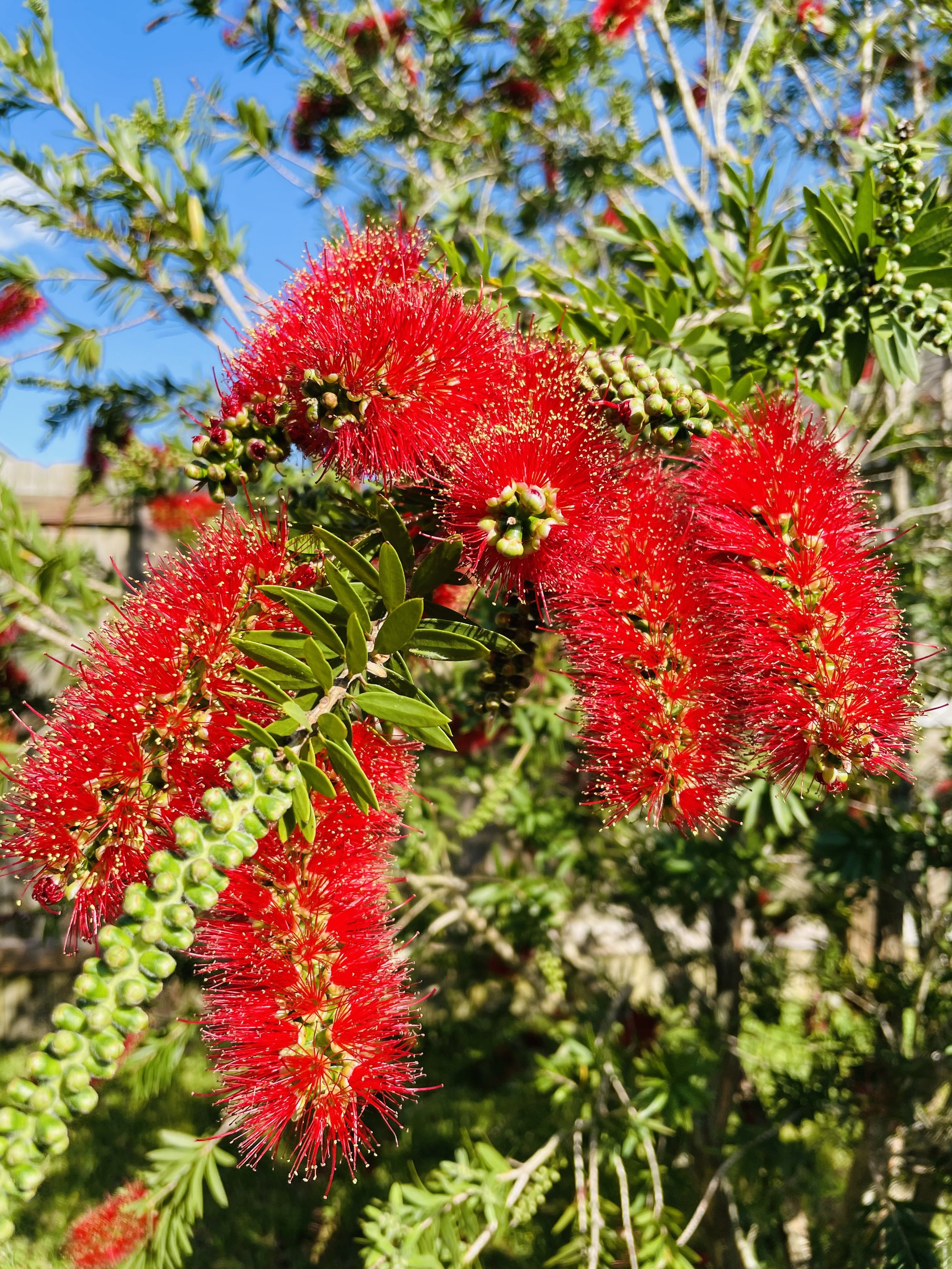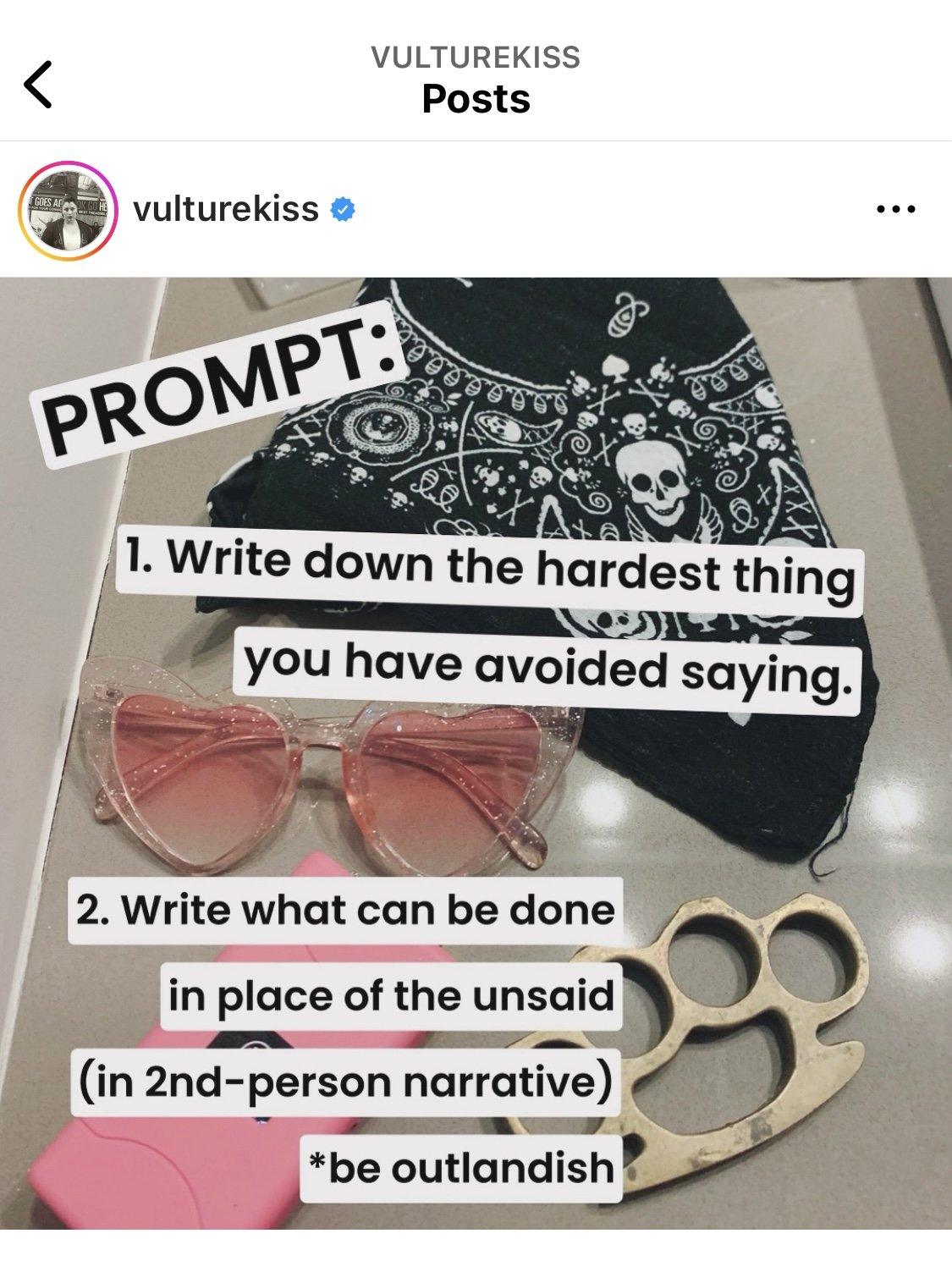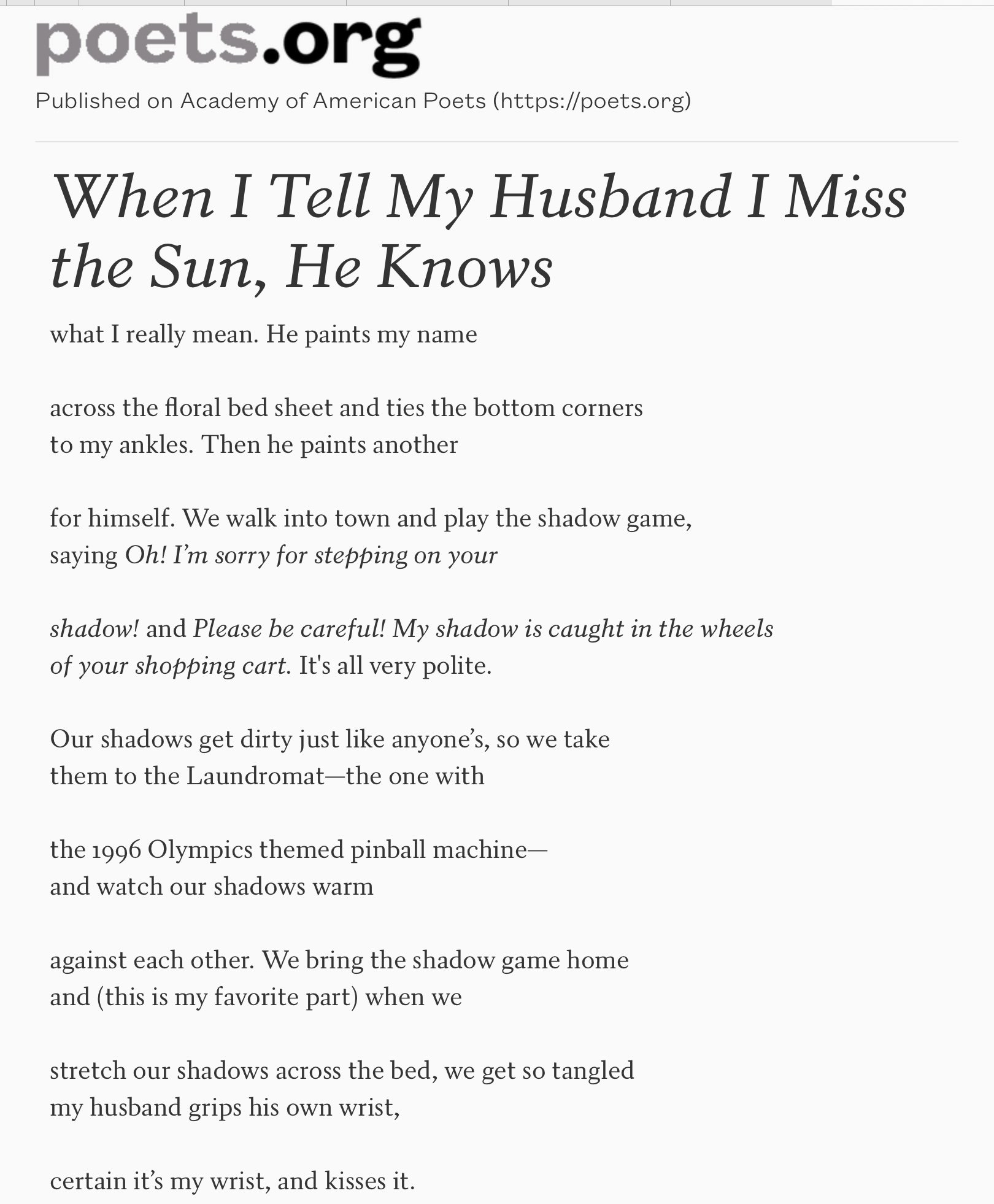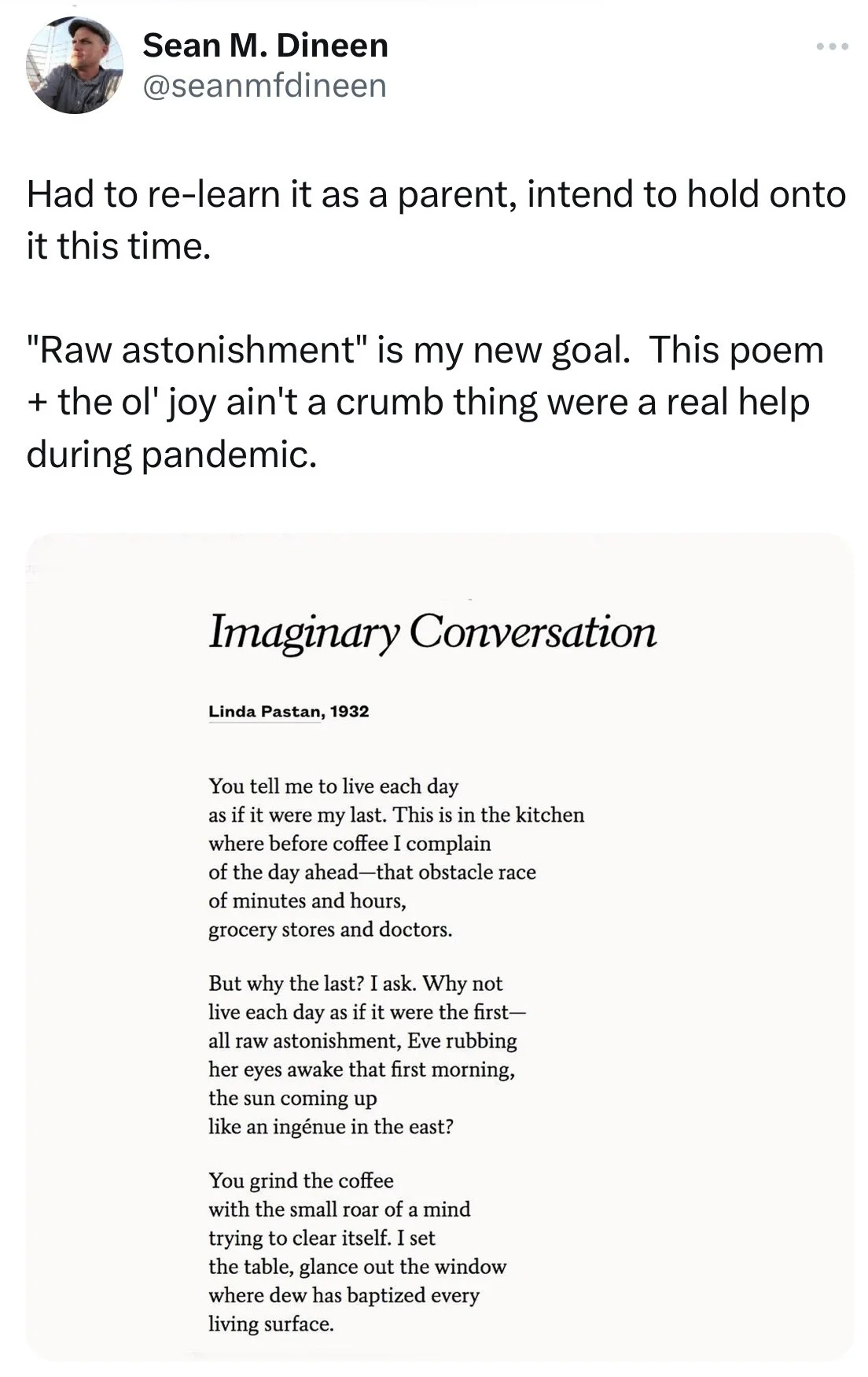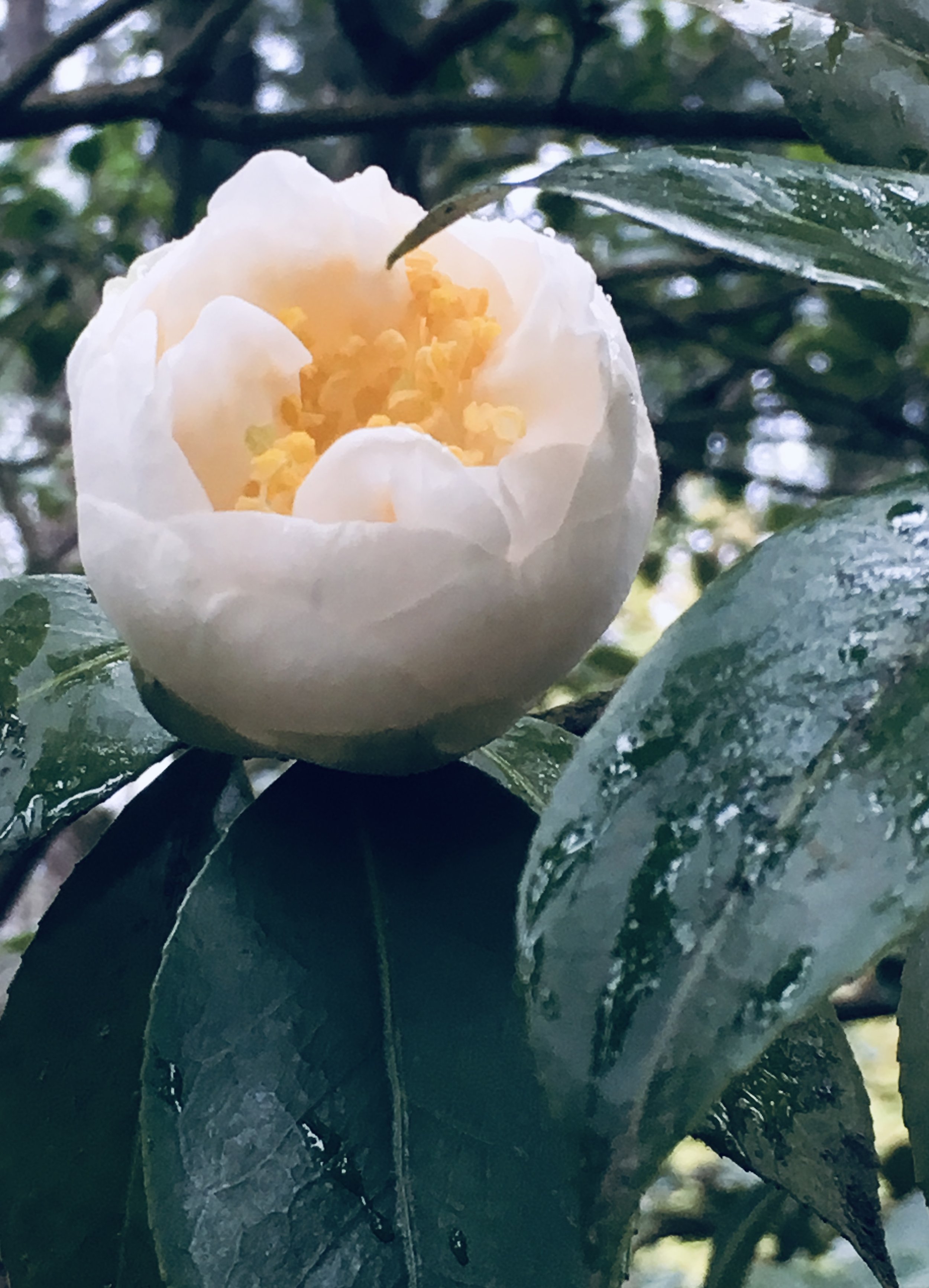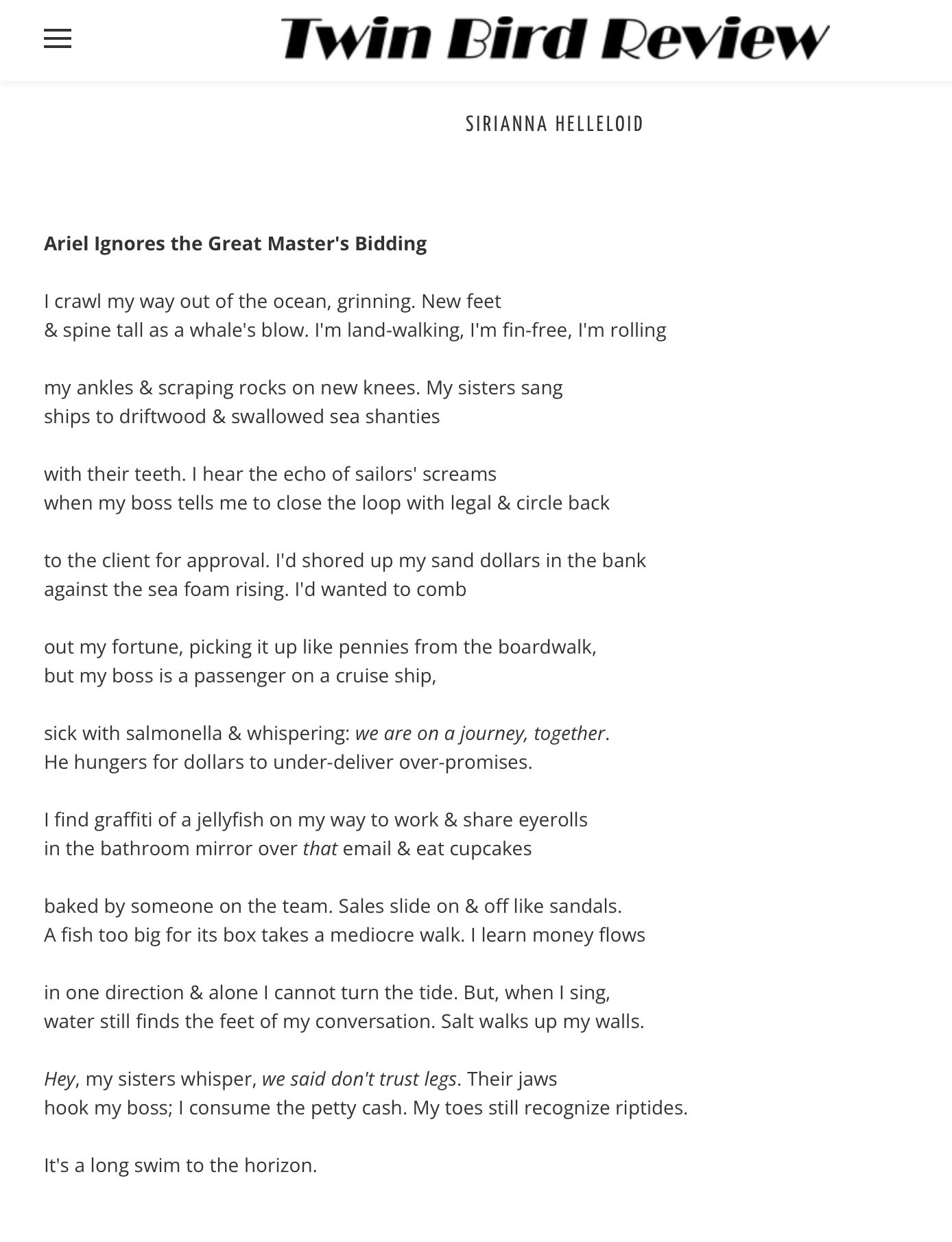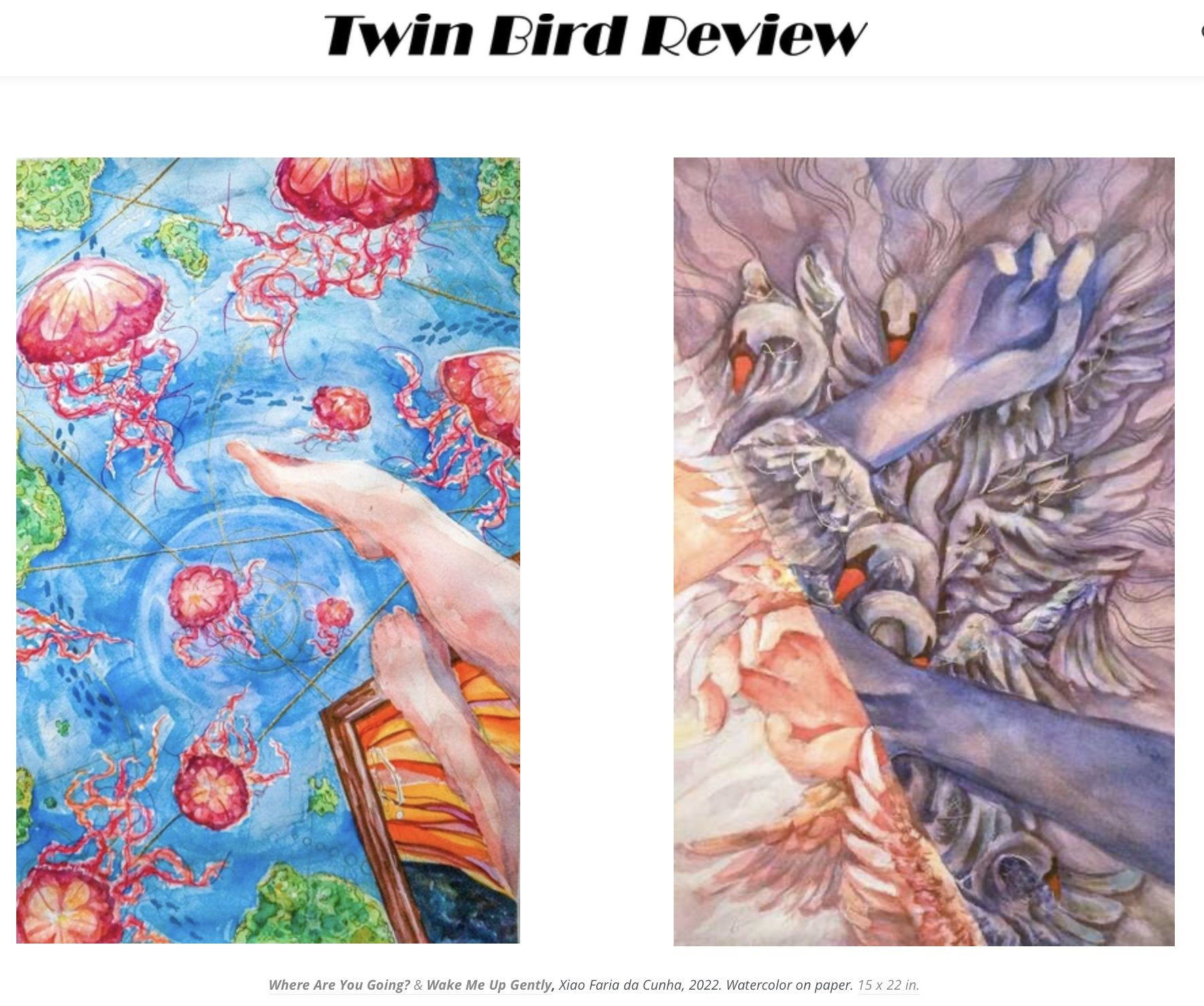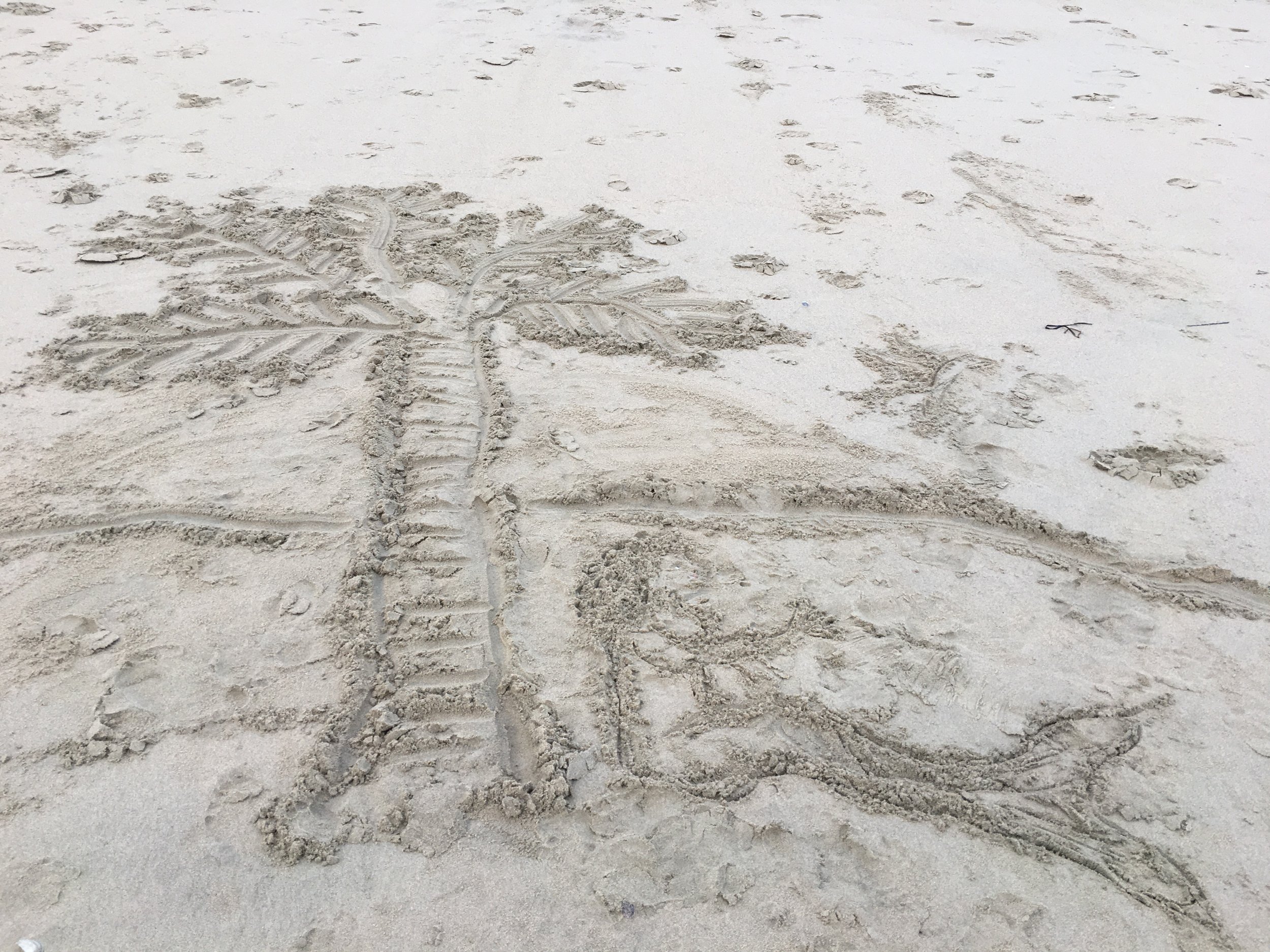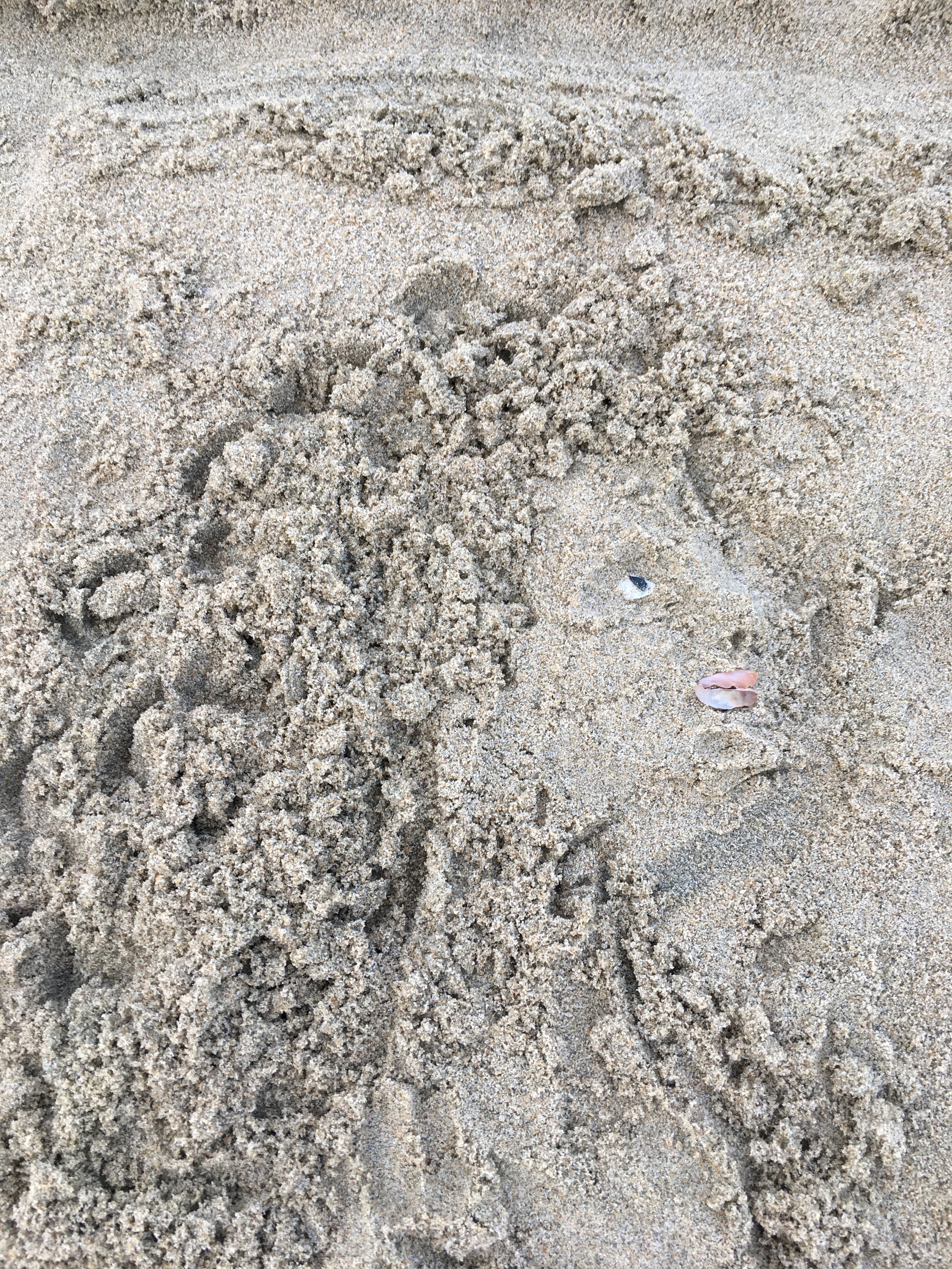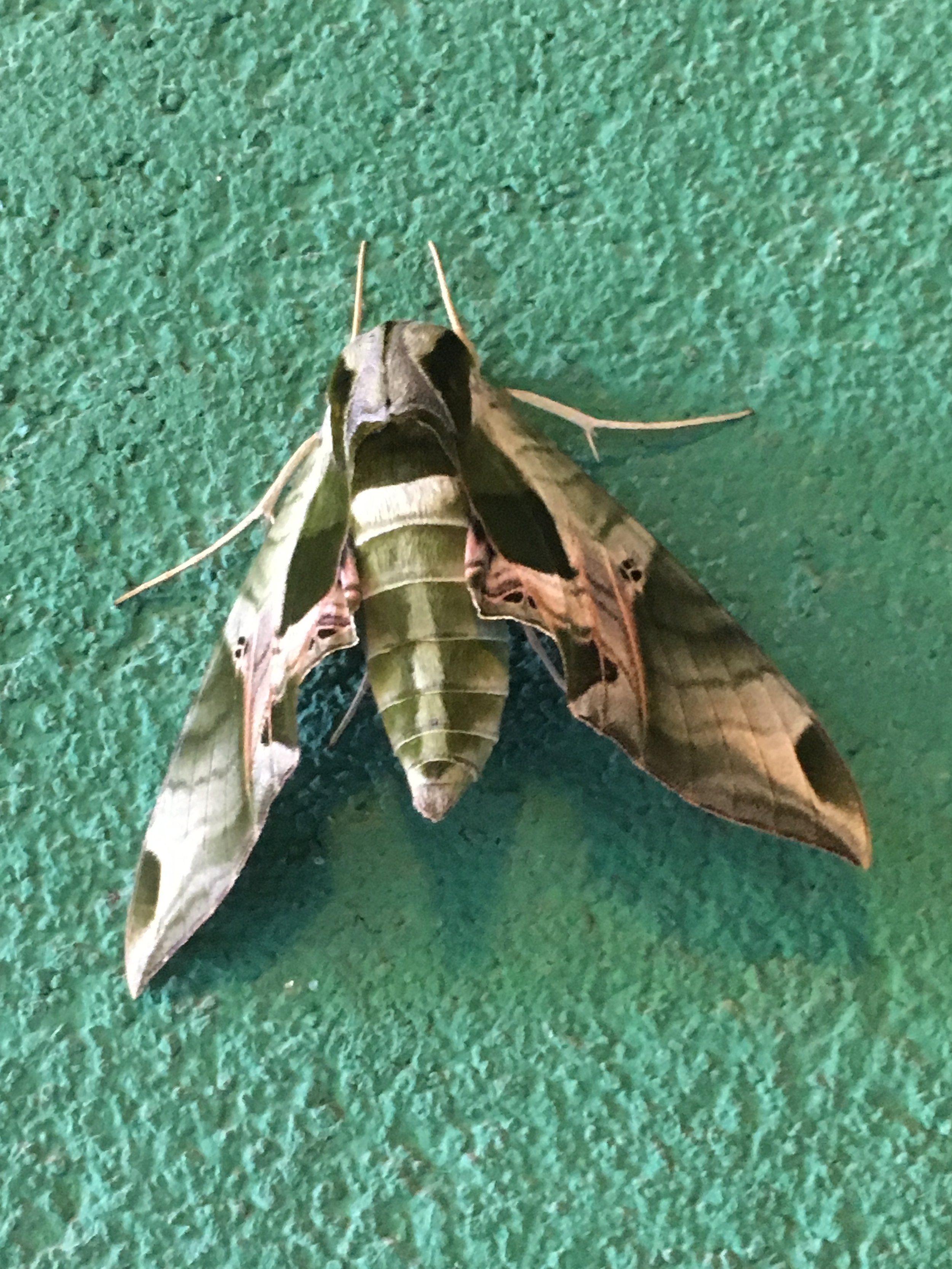We are at the midpoint of 30/30! I hope you are enjoying the process of writing, if not daily, then more often than usual. Or if you are someone who already writes daily: wonderful!
Such beautiful lines in this poem by Lara Coley, I hope they will inspire your next poem or story. Here is the link if you are interested in her book: https://buttonpoetry.com/product/ex-traction/.
For the first prompt, use the first line “You are disappearing into the shadows of the past” for a ghostline. Remember to erase this line and give credit to the poet for the inspiration.
The second prompt is to imagine all of your body as territory staked to a current partner, former lovers, a child, a pet or even the sun or a plant. Perhaps your lap is designated to a cat, your left hand to pet a dog, your cheeks to redden in the sun. How do the different owners navigate your borders?
For the third prompt, write a poem or story using the following list: “shadows,” “darkness,” “mangled,” “ghosts,” “flesh,” “stake,” “luminous,” “whispering,” “graveyard” and “shine.”
The last prompt is to create a list poem of graveyards. Who or what is buried there? What characterizes each? Which will you go to when it is time?
Good luck writing! Have fun!




